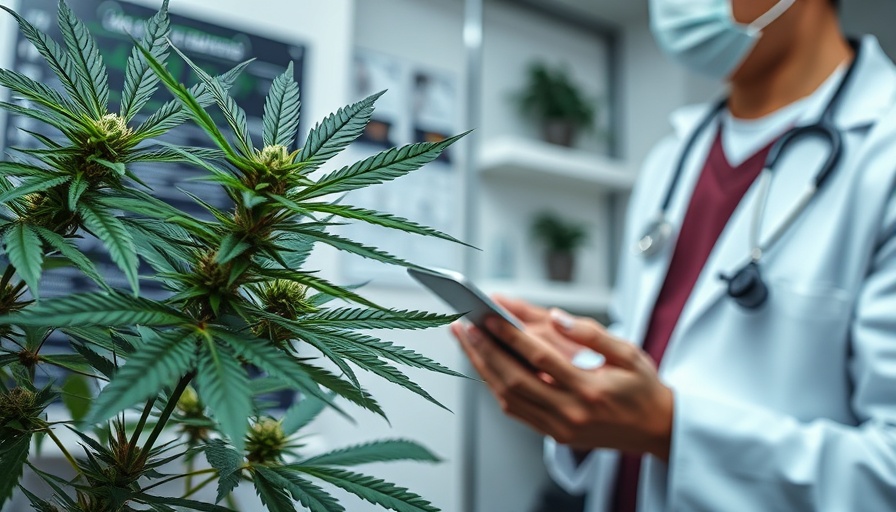
Exploring New Frontiers in Sickle Cell Treatment
Amidst the vibrant backdrop of Louisiana’s rich cultural tapestry, a groundbreaking study from Howard University is setting the stage for revolutionary approaches to healthcare within the African-American community. The focus? Understanding how marijuana could be harnessed to alleviate the severe pain associated with sickle cell disease.
Why Sickle Cell Disease Matters
Sickle cell disease (SCD) predominantly affects African-Americans, highlighting a critical health disparity that researchers aim to address. Individuals with this hereditary disorder experience intense pain episodes, or crisis moments, that can drastically affect their quality of life. This new research initiative investigates cannabis’ therapeutic potential, offering hope where conventional treatments often fall short.
A Local Perspective on Medical Marijuana
With increasing awareness regarding the medicinal benefits of cannabis, advocates within the New Orleans community are exploring how these findings could transform treatment protocols for SCD. Not only does this research provide a deeper insight into traditional medicinal practices—adopted by some cultures as natural remedies—but it also opens discussions surrounding the legality and accessibility of medical marijuana in Louisiana.
Connecting Culture and Care
The intersectionality of marijuana use, healthcare, and cultural practices invites a larger conversation about how communities can advocate for their health needs. The African-American community, historically underserved, stands at the forefront of this dialogue. Engaging local leaders and healthcare advocates is essential to ensure that the findings from such groundbreaking studies effectively reach those who need them most.
What This Means for Future Generations
As the study progresses, the potential implications for future healthcare options could be profound. Not only could cannabis-based treatments alleviate pain, but they might also shift perspectives on healthcare approaches within marginalized communities. This rethinking of treatment strategies could inspire other regions to invest in similar research, creating a ripple effect throughout the nation.
Engagement and Advocacy: A Community Response
The role of community engagement cannot be overstated. As the conversation surrounding medical marijuana continues, it is vital that local voices learn about and advocate for policy changes in healthcare. This is not just a matter of health; it is about autonomy—empowering communities to dictate their healthcare destinies by leveraging modern research and traditional medicinal practices.
A Call to Action for Our Community
The positive impact of Howard University's research signals a pivotal moment for the African-American community in Louisiana and beyond. As findings emerge, we encourage readers to stay informed, participate in discussions, and advocate for access to the medical treatments they deserve. Addressing SCD with innovative solutions like those offered by this study requires a collective effort, and now is the time to engage with our health systems actively.
 Add Row
Add Row  Add
Add 



Write A Comment